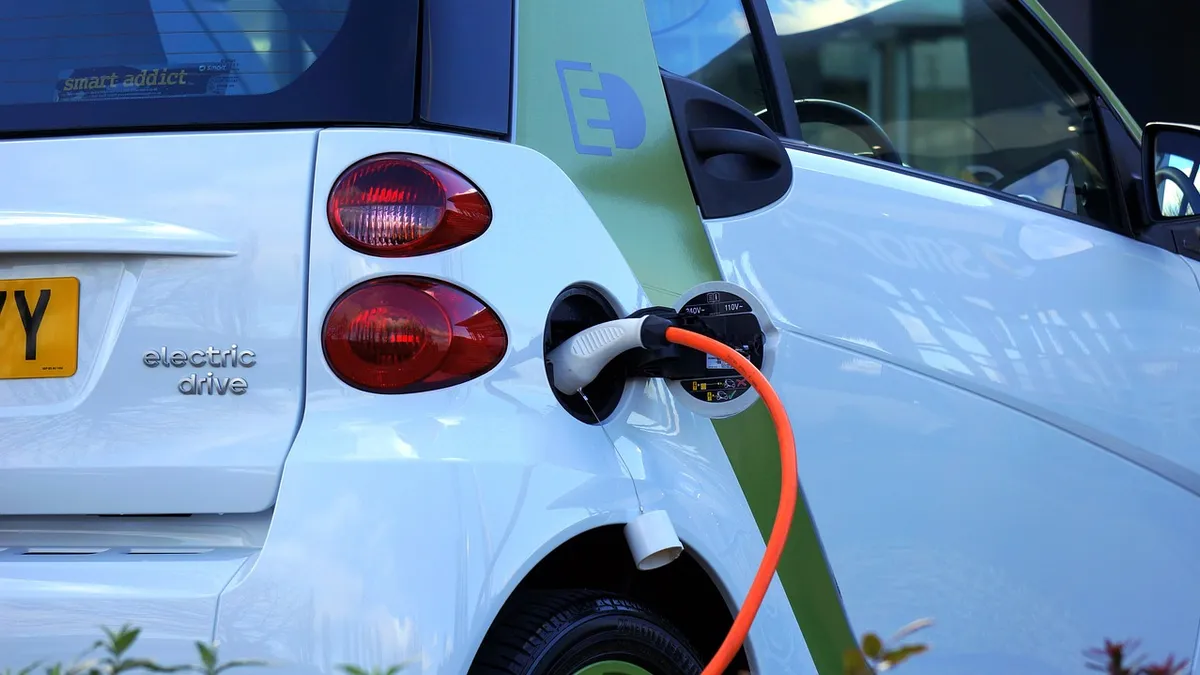Dive Brief:
- The Smart Electric Power Alliance (SEPA) launched its new Transportation Electrification program to encourage greater research on electric vehicles (EVs) and find ways to ensure their long-term success.
- The program will bring together utilities, regulators, automotive sector representatives, charging infrastructure providers, and other stakeholders to work on EV deployment, like how to add and manage more charging capacity and ensure utilities have enough load to cope. SEPA members include the likes of newcomer Ford and other companies involved in electrifying transportation.
- "As we chart our course for the future, electrification will be an important part of our vehicle lineup," Steve Henderson, manager of vehicle electrification and policy at Ford, said in a statement.
Dive Insight:
Cities are seeing an uptick in the use and deployment of EVs, both among private users and in their publicly-owned fleets, now with more than 1 million on the streets of the United States. But stakeholders have raised concerns that if there is to be a continued expansion in their use, there needs to be greater investment in infrastructure like charging stations and a bigger push to raise customer awareness. SEPA’s effort to bring together automakers, regulators and others into a collective program should encourage them to work together to find solutions and accelerate the pace of research and development in these areas.
It is significant that Ford is newly involved with SEPA, as Ford has been leading the way on innovation and finding new ways for people to get around cities. In addition to its partnerships with cities on the deployment of autonomous vehicles (AVs) and its acquisition of scooter company Spin, Ford also signed an international cooperation agreement with Volkswagen to collaborate further on AVs and EVs. Like many automakers, Ford is exploring new ways for people to travel and could be a real asset to the startups and other smaller companies working in the EV space.
Cities continue to battle against the effects of climate change, and electrifying transportation in both the public and private sectors is one way they can start to reverse the trend, especially as transport is one of the biggest culprits for carbon emissions. As city leaders and private companies look towards electrification, partnerships and initiatives such as this one from SEPA should encourage bold new ideas.















